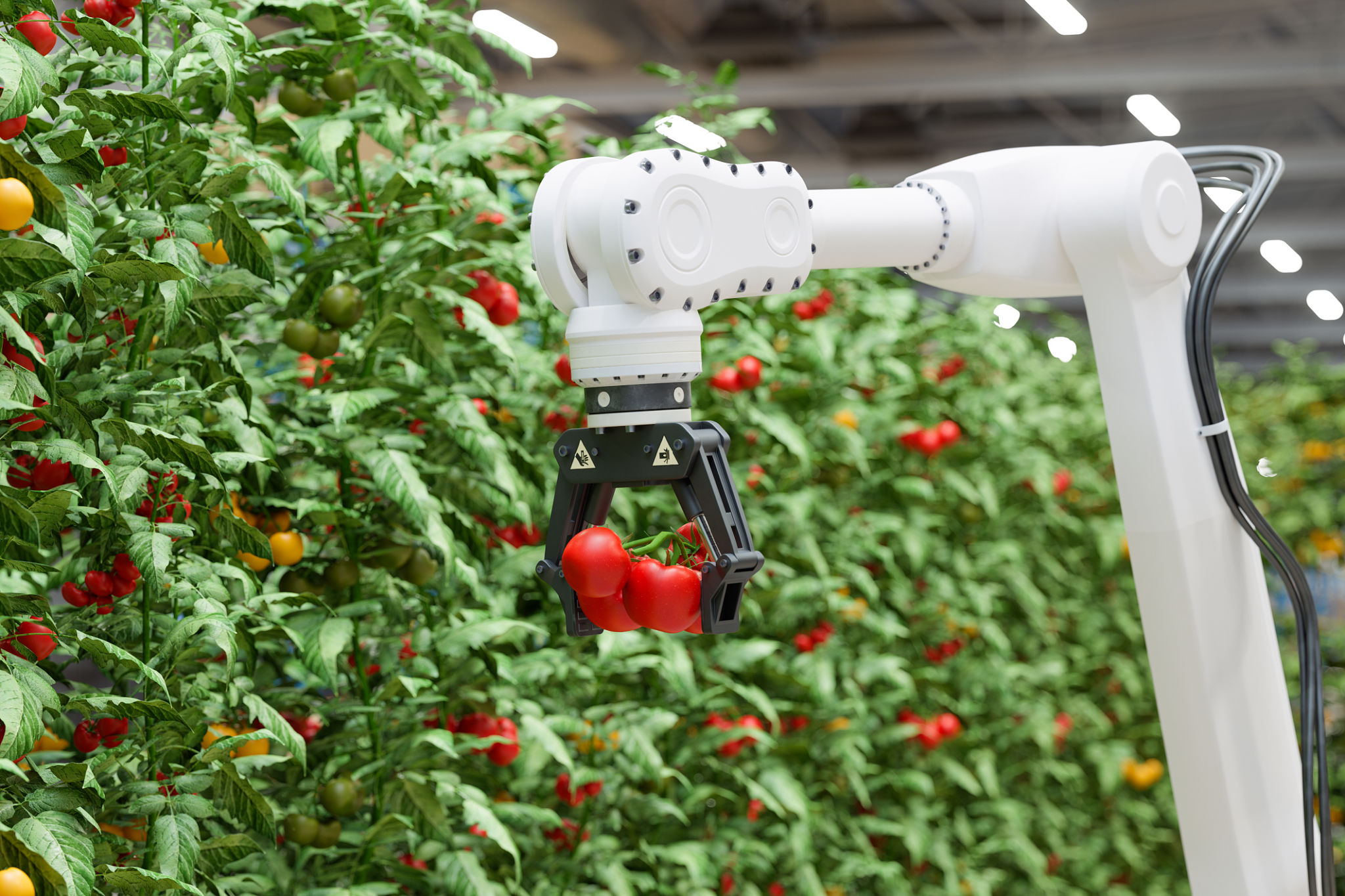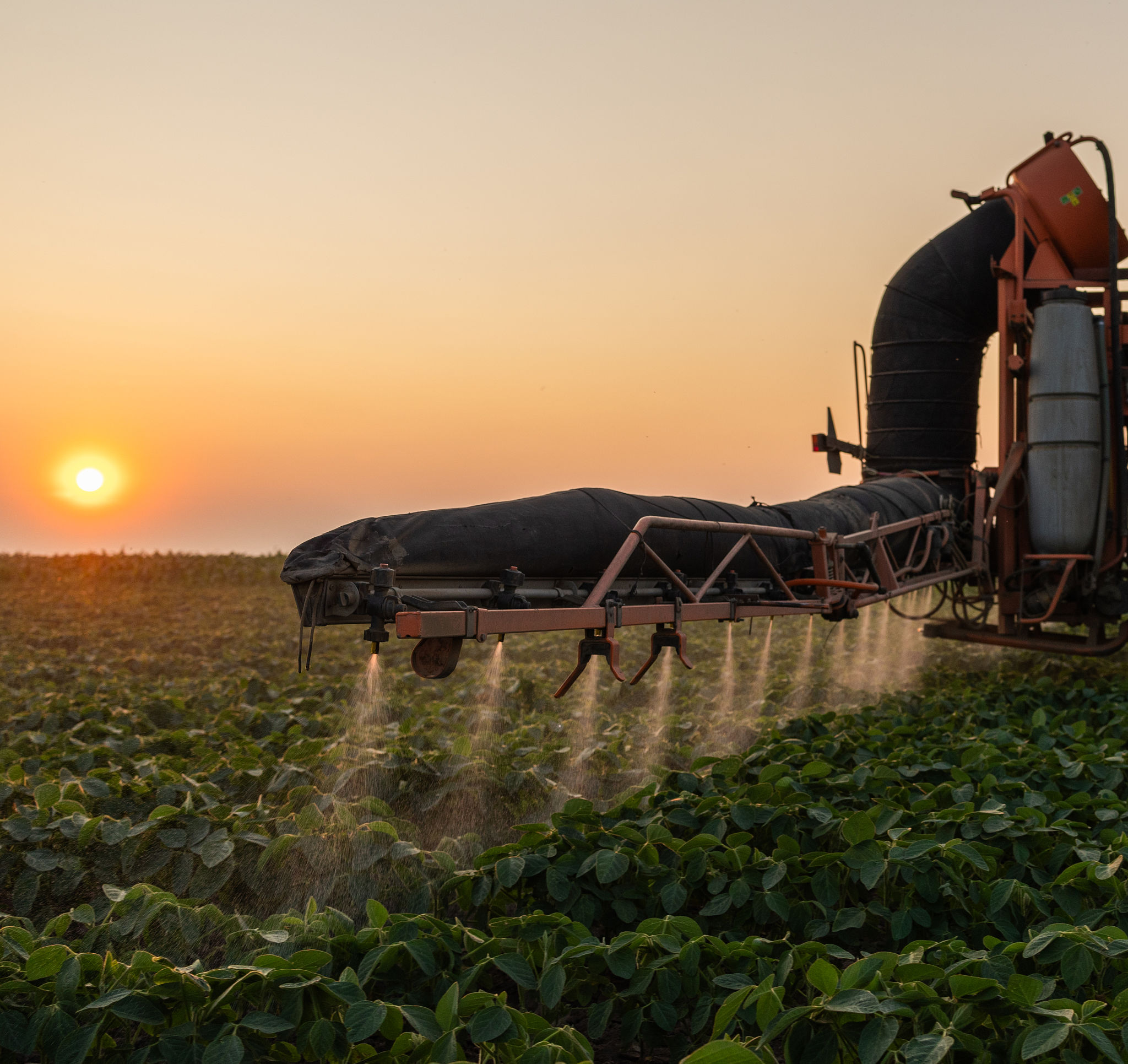Maximizing Crop Yield in Ghana: Expert Tips for Agronomic Success
Understanding the Terrain and Climate
Maximizing crop yield in Ghana begins with a thorough understanding of the local terrain and climate. Ghana's diverse landscape, from the savannah in the north to the lush, tropical south, offers a variety of opportunities for different types of crops. Knowing the specific characteristics of your land, such as soil type and climate conditions, allows for the strategic planning of crop cultivation.
Ghana experiences two main seasons: the rainy season and the dry season. Understanding these climatic patterns is crucial for effective planting and harvesting schedules. By aligning planting activities with the rainy season, farmers can ensure crops receive sufficient water, which is vital for growth.

Soil Management for Enhanced Productivity
Soil health is a critical factor in maximizing crop yield. Conducting soil tests to determine nutrient levels and pH balance is a great starting point. Based on the test results, farmers can apply appropriate fertilizers to replenish essential nutrients. Organic matter, such as compost, can also be added to improve soil structure and fertility.
Implementing crop rotation and intercropping techniques can further enhance soil quality. These practices help prevent nutrient depletion and reduce pest infestations. By rotating crops, different nutrient demands are placed on the soil, allowing time for recovery and maintaining a balanced ecosystem.

Adopting Modern Farming Techniques
Incorporating modern farming techniques is essential for increasing productivity. Precision agriculture, which uses technology to monitor and manage field variability, can significantly enhance efficiency and yield. Tools like GPS, drones, and sensors help in making informed decisions about planting, irrigation, and harvesting.
Additionally, adopting high-yield crop varieties that are resistant to pests and diseases can greatly enhance output. These improved seeds are often developed to thrive in specific climatic conditions, making them well-suited for Ghana's diverse environments.

Irrigation Strategies
Effective irrigation strategies are vital in regions where rainfall is inconsistent. Drip irrigation systems are particularly beneficial as they deliver water directly to the plant roots, reducing water wastage and ensuring optimal moisture levels. This method not only conserves water but also minimizes weeds and soil erosion.
Investing in rainwater harvesting systems can also provide a sustainable water source during the dry season. By capturing and storing rainwater, farmers can maintain crop hydration even when natural rainfall is scarce.
Pest and Disease Management
Pests and diseases are major threats to crop yields. Implementing an integrated pest management (IPM) approach can effectively control these challenges. IPM combines biological controls, such as natural predators, with chemical treatments only when necessary, reducing environmental impact.

Regular monitoring of crops for early signs of pest or disease presence allows for timely intervention. Using resistant crop varieties and maintaining field hygiene by removing debris can further reduce the incidence of infestations.
Access to Agricultural Extension Services
Access to agricultural extension services provides farmers with valuable knowledge and resources. These services offer training on modern farming techniques, pest management, and soil conservation. Moreover, extension agents can assist in interpreting weather forecasts and market trends, enabling farmers to make informed decisions.
Building a strong network with local agricultural experts and fellow farmers encourages information exchange and collaboration, fostering a community-driven approach to agronomic success.

